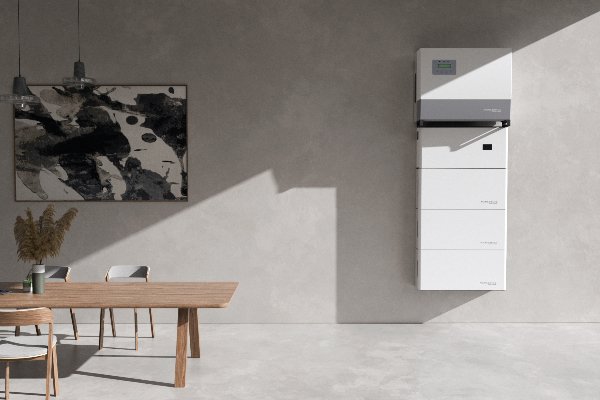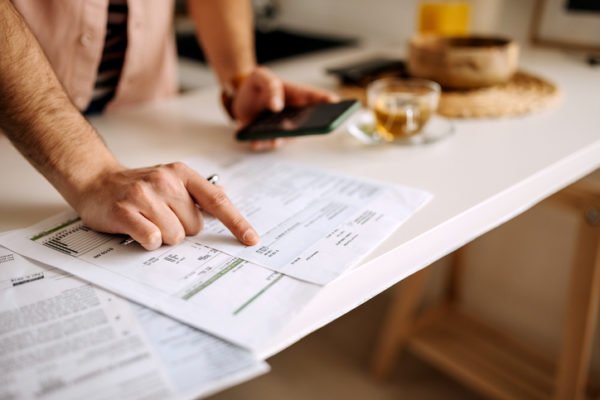This article first appeared in our Organic September issue of My Green Pod Magazine, published on 14 September 2022. Click here to subscribe to our digital edition and get each issue delivered straight to your inbox
Soaring energy bills are leaving households facing dire financial straits, while the companies that provide the power are making record profits.
Frances O’Grady, general secretary of the Trades Union Congress, summed up the anger of many who are struggling to make sense of the disconnect: ‘These eye-watering profits are an insult to the millions of working people struggling to get by because of soaring energy bills’, she said – adding that working people are staring down the barrel of the longest and harshest wage squeeze in modern history.
At Puredrive Energy we manufacture home battery storage systems and supply them to the UK market.
As a result, we feel the rage of homeowners who are desperate to reduce their energy costs and are looking for help, support and advice around finding appropriate solar panel and battery installations for their home.
Their goal is to achieve energy independence by disconnecting from the grid; by taking control of their own energy in this way, homeowners can reduce the financial impacts of political upheavals and the corporations that seem to be greedily taking advantage of all the uncertainty.
Why are energy prices increasing?
We have been told that the recent hike in energy prices has been driven by wholesale prices – specifically the soaring cost of gas, which has surged as much as six-fold on global markets.
Prices have gone up for many reasons; Europe had a longer winter than usual which led to a significant use of gas stocks. At the same time, there was a surge in energy consumption when economies all round the world were re-opened following the Covid-19 pandemic.
More recently, Russia’s invasion of Ukraine led to a restriction of Russian gas; energy firms passed the extra costs on to customers and increased household energy bills by unprecedented amounts.
According to Martin Lewis, energy bills are set to top £5,386 per year for the average British household from the start of January 2023, after already rising to £3,549 in October 2022.
This will mean increased pain for households, with bills in the month of January alone likely to hit more than £500.
Made in the UK
At Puredrive Energy we have been manufacturing battery systems from Cheltenham for five years, and have recently seen a huge rise in demand for our products.
We are noted in the industry for a high-performing battery system, but I feel another reason for interest in Puredrive is that we manufacture in the UK and are well positioned to provide excellent customer service, which is even more important in a rapidly growing market.
Our battery systems are designed to take advantage of the variable rate tariffs on the market, which allow energy to be bought and stored in the battery at a lower cost, then discharged back to the grid when it is expensive.
We develop our own software, which means we can move swiftly and support new tariffs that come on the market from the various different energy suppliers.
 Play Video about This Rock Might Just Save The World
Play Video about This Rock Might Just Save The World Play Video about Play 2 hours of rock
Play Video about Play 2 hours of rock Play Video about Play 2 hours of brook
Play Video about Play 2 hours of brook Play Video about Play 2 hours of sheep
Play Video about Play 2 hours of sheep















































